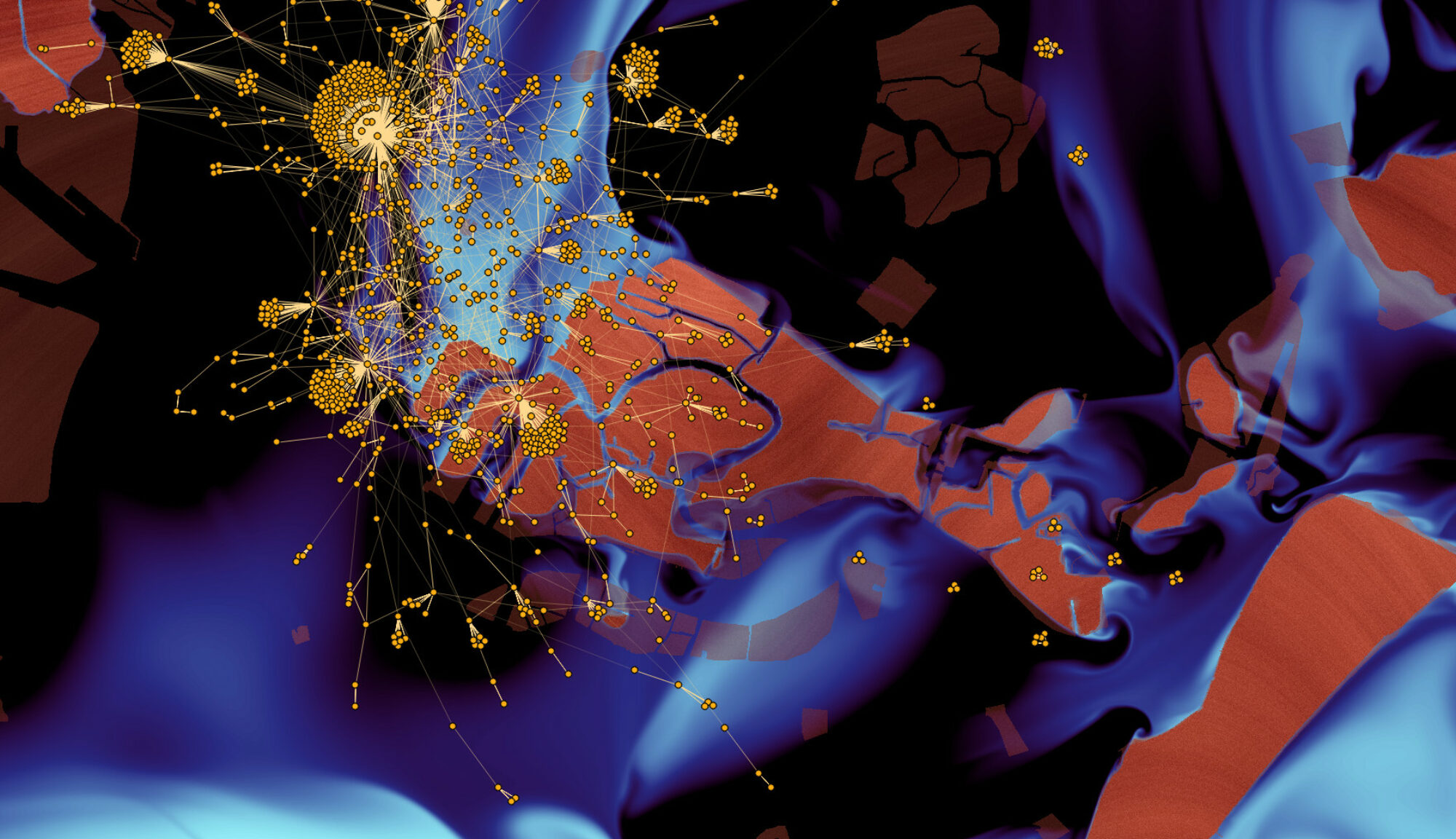Christophe Crespelle
Jeudi 22 novembre 2012 à 11h, salle 25-26/101
Nous étudions un procédé itératif de factorisation de bicliques dans un graphe multiparti, venant de la modélisation des graphes de terrain. Ce procédé itératif, qui prend en entrée le biparti d’incidence cliques-sommets d’un graphe, ne termine pas pour tous les graphes. Et dans les cas où il ne termine pas, il ne fournit pas un objet adéquat de modélisation. Ici, nous cherchons donc à contraindre ce procédé, aussi légèrement que possible, pour obtenir sa terminaison sur tout graphe. Nous définissons trois variantes de ce procédé. Pour deux d’entre elles, appelées facteur propre et facteur fort, nous montrons qu’elles terminent toujours. Pour la troisième de ces variantes, appelée facteur faible, nous exhibons un graphe sur laquelle elle ne termine pas. Nous montrons également que le graphe multiparti sur lequel termine la série des facteurs propres a une propriété remarquable: ses sommets sont en bijection avec les éléments du demi-treillis inférieur des intersections des cliques maximales du graphe de départ.
